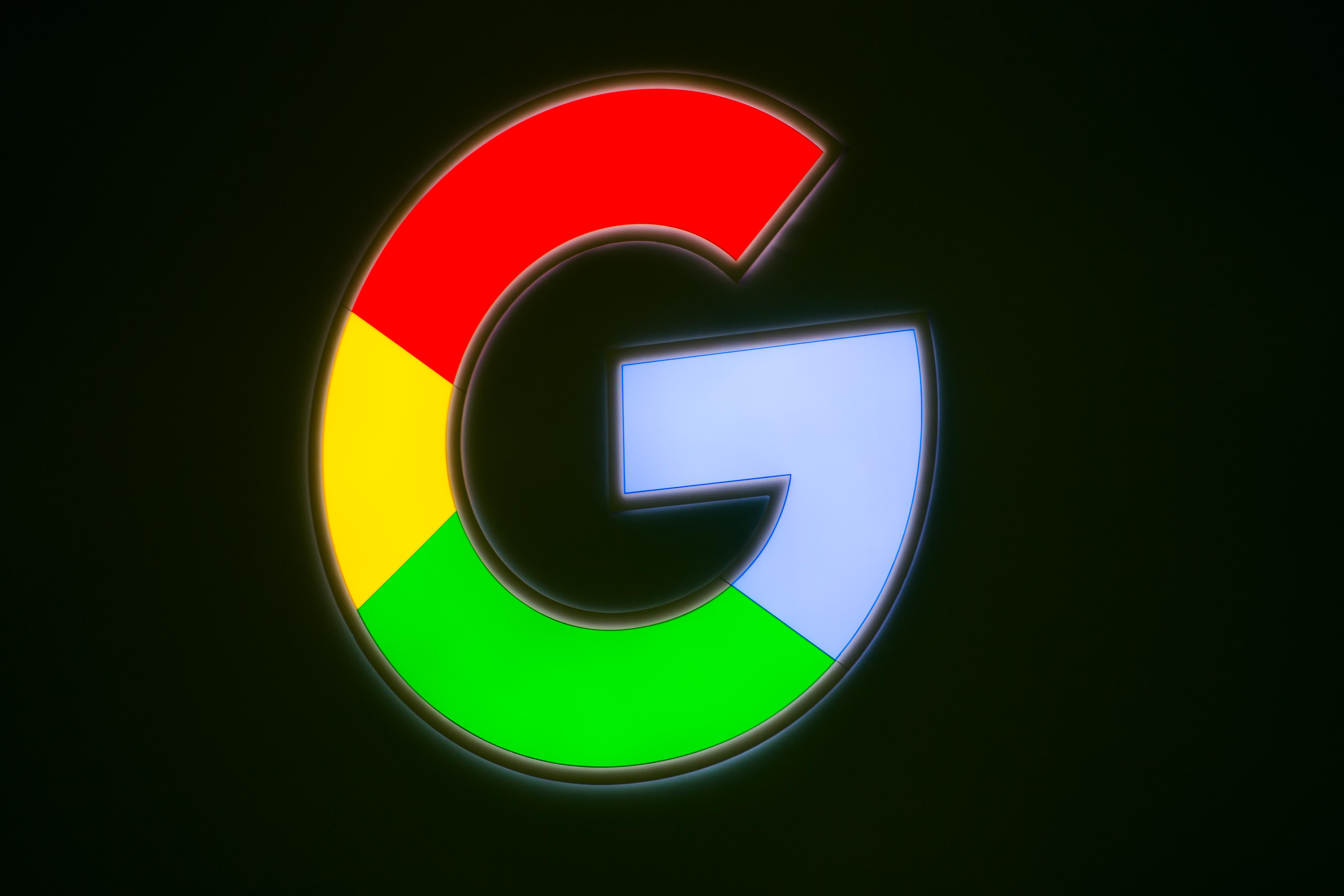Will ‘secret web pages’ land Google in hot water with the EU?
Search giant is accused of logging user data without their permission

A free daily email with the biggest news stories of the day – and the best features from TheWeek.com
You are now subscribed
Your newsletter sign-up was successful
Google has again been criticised for its data practices following the discovery of “secret web pages” that provide advertisers with additional information about user activity.
An investigation by privacy-focused web browser Brave found that Google created “hidden” profiles for its users that contained information about their browsing habits, TechRadar reports.
The information would then be passed on to advertisers, resulting in users being “subjected to targeted adverts”, the tech site says.
The Week
Escape your echo chamber. Get the facts behind the news, plus analysis from multiple perspectives.

Sign up for The Week's Free Newsletters
From our morning news briefing to a weekly Good News Newsletter, get the best of The Week delivered directly to your inbox.
From our morning news briefing to a weekly Good News Newsletter, get the best of The Week delivered directly to your inbox.
Johnny Ryan, Brave’s chief policy officer and the investigation’s leader, submitted the findings to Ireland’s data regulator, which oversees Google’s European operations, accusing the search giant of “exploiting personal data without sufficient control or concern over data protection”, the Financial Times reports.
A Google spokesperson told the FT that the company had not seen the information discovered by Ryan and that it was co-operating with investigations in Ireland and Britain over the firm’s advertising practices.
“We do not serve personalised ads or send bid requests to bidders without user consent,” the spokesperson said.
The discovery means that Google could again find itself in trouble with the European Union over data protection.
A free daily email with the biggest news stories of the day – and the best features from TheWeek.com
In January, the tech firm was fined €50m (£44.8m) by French data regulator CNIL for not providing web users with sufficient information about how their personal data would be processed.
How did Google create the ‘secret web pages’?
Ryan discovered that Google’s Authorised Buyers advertising system, formerly known as DoubleClick, was creating hidden web pages with a “unique address” that “acted as an identifier” bespoke to him, the BBC reports.
The “so-called pseudonymous marker” can help monitor user browsing habits when combined with cookies, a “small piece of code” embedded in a site that tracks user activity on the web, the broadcaster notes.
While user tracking is commonplace on the internet, site owners must seek the permission of its visitors to activate cookies. The issue with Google’s hidden web pages, however, is that users were not given the option to consent to their web activity being tracked.
Ad firms claim the data collected through Google’s Authorised Buyers system is anonymised, but Ryan argues that the information is so detailed that it’s possible for companies to match it with an individual, The Times reports.
Ryan told the FT that the practice is “hidden in two ways: the most basic way is that Google creates a page that the user never sees, it’s blank, has no content, but allows … third parties to snoop on the user and the user is none the wiser.”
He added: “If I consulted my browser log, I wouldn’t have had an idea either.”
So is Google in hot water with the EU again?
Possibly. According to Ryan, the EU’s General Data Protection Regulation (GDPR) prohibits companies from processing “any personal data unless you adequately protect it”, The Times reports.
“There is no protection”, he said of Google’s ad pages. “It’s a data free-for-all.”
Google, however, is “perfectly open” about its advertising system and argues that it’s an “industry-wide practice”, the BBC says.
Ultimately, though, it’s up to the Irish Data Protection Commission and the UK’s Information Commissioner’s Office to determine whether Google has breached GDPR rules.
-
 6 of the world’s most accessible destinations
6 of the world’s most accessible destinationsThe Week Recommends Experience all of Berlin, Singapore and Sydney
-
 How the FCC’s ‘equal time’ rule works
How the FCC’s ‘equal time’ rule worksIn the Spotlight The law is at the heart of the Colbert-CBS conflict
-
 What is the endgame in the DHS shutdown?
What is the endgame in the DHS shutdown?Today’s Big Question Democrats want to rein in ICE’s immigration crackdown
-
 Will AI kill the smartphone?
Will AI kill the smartphone?In The Spotlight OpenAI and Meta want to unseat the ‘Lennon and McCartney’ of the gadget era
-
 Has Google burst the Nvidia bubble?
Has Google burst the Nvidia bubble?Today’s Big Question The world’s most valuable company faces a challenge from Google, as companies eye up ‘more specialised’ and ‘less power-hungry’ alternatives
-
 How the online world relies on AWS cloud servers
How the online world relies on AWS cloud serversThe Explainer Chaos caused by Monday’s online outage shows that ‘when AWS sneezes, half the internet catches the flu’
-
 Is the UK government getting too close to Big Tech?
Is the UK government getting too close to Big Tech?Today’s Big Question US-UK tech pact, supported by Nvidia and OpenAI, is part of Silicon Valley drive to ‘lock in’ American AI with US allies
-
 Google: A monopoly past its prime?
Google: A monopoly past its prime?Feature Google’s antitrust case ends with a slap on the wrist as courts struggle to keep up with the tech industry’s rapid changes
-
 South Korea's divide over allowing Google Maps
South Korea's divide over allowing Google MapsTalking Points The country is one of few modern democracies where the app doesn't work
-
 Google avoids the worst in antitrust ruling
Google avoids the worst in antitrust rulingSpeed Read A federal judge rejected the government's request to break up Google
-
 Is AI killing the internet?
Is AI killing the internet?Talking Point AI-powered browsers and search engines are threatening the death of the open web